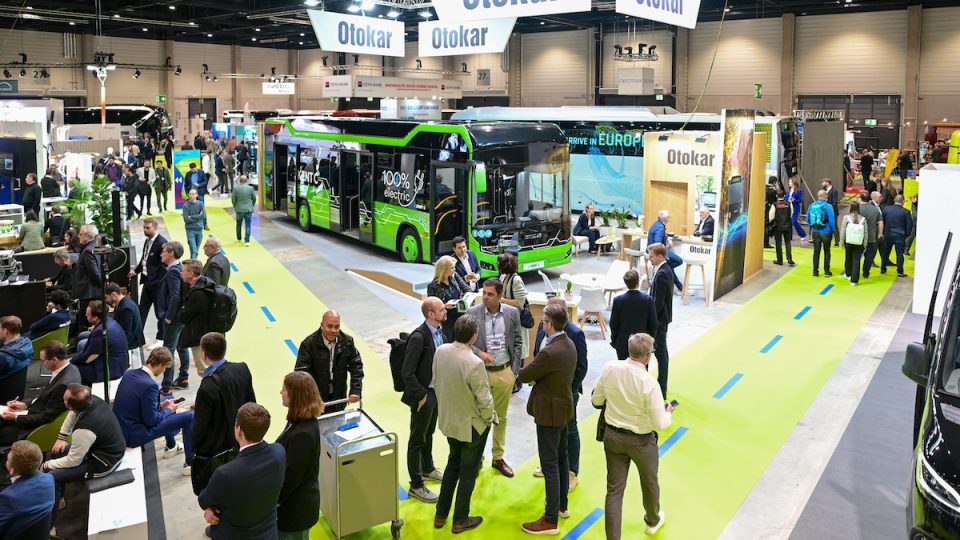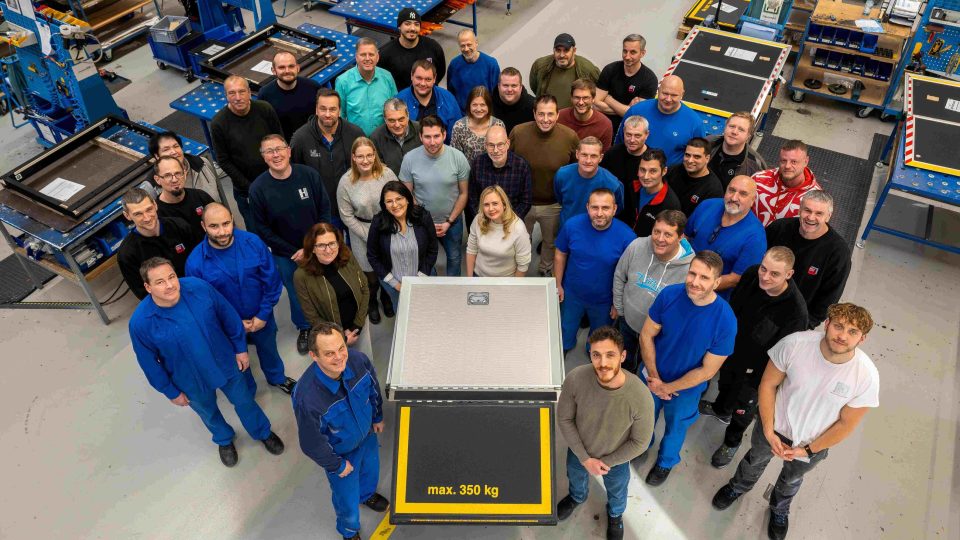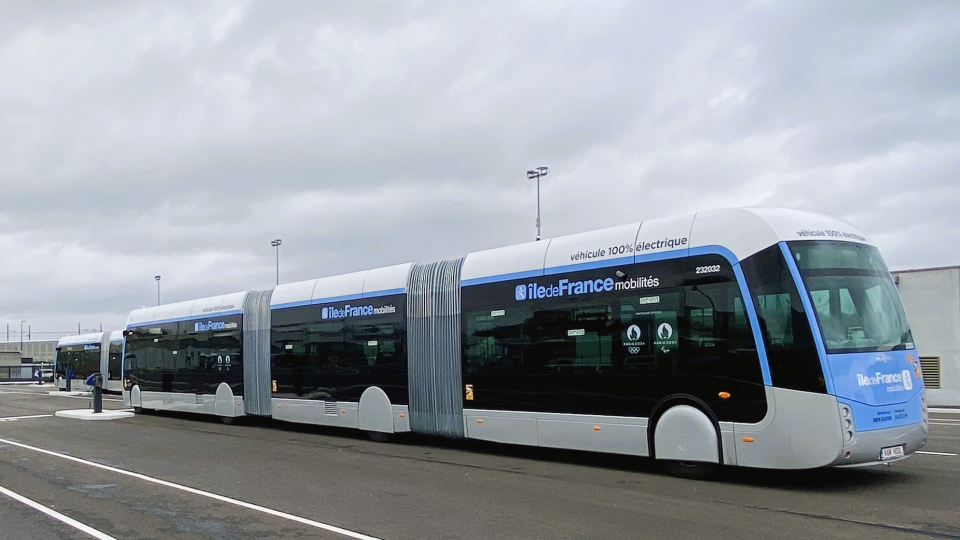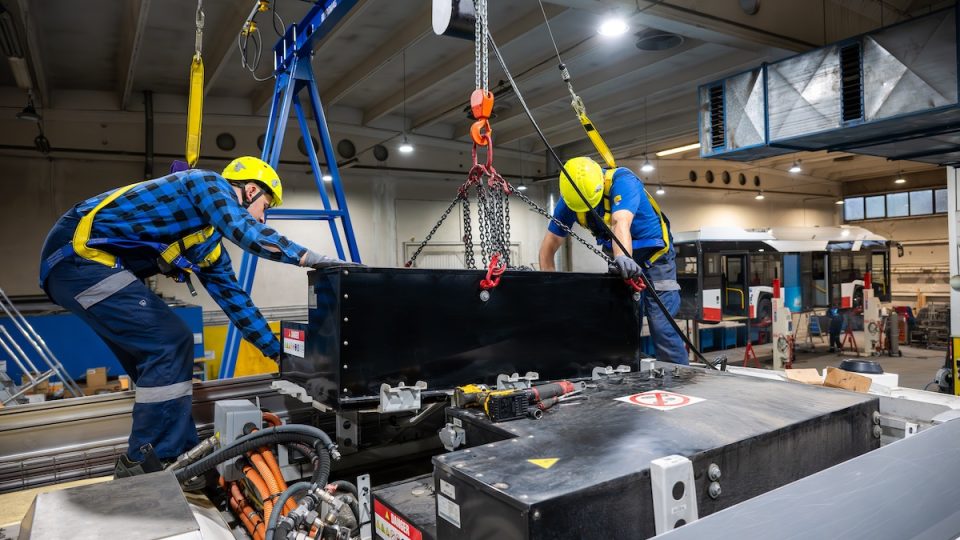Forsee Power to provide ZEN SLIM battery systems for 420 Wrightbus e-buses
French battery provider Forsee Power announces the order of 420 ZEN SLIM battery systems byWrightbus. Forsee Power has already equipped 1,200 electric buses worldwide. Wrightbus has just received its first commission out of the UK for its hydrogen bus model. Forsee Power and Wrightbus have been partnering since 2013. Since then, Wrightbus has been working […]
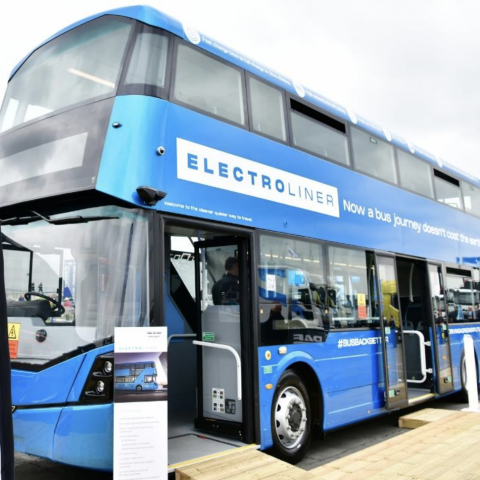
French battery provider Forsee Power announces the order of 420 ZEN SLIM battery systems by
Wrightbus. Forsee Power has already equipped 1,200 electric buses worldwide. Wrightbus has just received its first commission out of the UK for its hydrogen bus model.
Forsee Power and Wrightbus have been partnering since 2013. Since then, Wrightbus has been working with Forsee Power to integrate a wide range of technologies for its overnight charging and opportunity charging buses but also hydrogen buses that require battery systems together with the fuel cell.
The Northern-Irish bus manufacturer has announced a plan for 3,000 zero emission buses by 2024 to operate in the United Kingdom, but also in the rest of Europe and internationally.
In addition to ZEN SLIM, Forsee Power supplies PULSE high-power battery systems to Wrightbus for its hydrogen range. Indeed, Hydrogen is at the forefront of the Wrightbus offer, and together the two industrial players are leading the European fuel cell bus market.
High-energy ZEN SLIM battery systems for Wrightbus
Wrightbus was the first OEM to integrate ZEN SLIM, that Forsee Power claims being “the thinnest modular battery systems in the world”, launched in early 2021. These first orders of 420 ZEN SLIM battery systems for 2022 include 3 versions of the extra-thin batteries – ZEN 11, ZEN 16 and ZEN 21 kWh – which represent close to 200 MWh of battery systems produced.
A key challenge for double-deckers is to embed enough energy to ensure all-day operations. Indeed, the
structure of those buses does not enable to use the roofing space to place the batteries and those should not reduce passenger capacities. ZEN SLIM batteries – whose extra flat format allows easy integration into the chassis of vehicles – provide 333 kWh to 454 kWh to Wrightbus double-deckers and 333 kWh to 550 kWh to single-deck buses.
Wrightbus opts for Forsee Power batteries
«The story of bus electrification is accelerating. We started with a few units per project, then dozen, now hundreds, and soon thousands. The fleet of vehicles equipped with our batteries is planned to more than double in the next 12-18 months. We’ve been partnering with Wrightbus since the beginning of that journey, and such close link helped understand deeper market needs and develop the best offer in the market, constantly improving our technologies » explains Sébastien Rembauville-Nicolle, VP Business Development of Forsee Power.
«Our new double-deck bus powertrain equipped with Forsee Power ZEN SLIM batteries is the highest battery capacity for a UK Double Deck bus and is also extremely energy efficient. Official assessments undertaken at UTAC using the ZEMO-accredited Ultra Low Emission Bus (ULEB) test showed that the StreetDeck Electroliner, achieved a result of 0.69 kWh/km. This is around half the energy consumed by its closest BEV double deck UK rival and significantly better than all other BEV single deck bus results published on the ZEMO website, making it the most efficient of its kind in the world» underlines Robert Best, Director of Engineering at Wrightbus.

